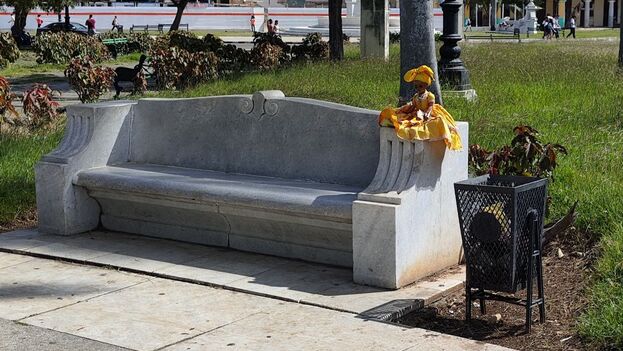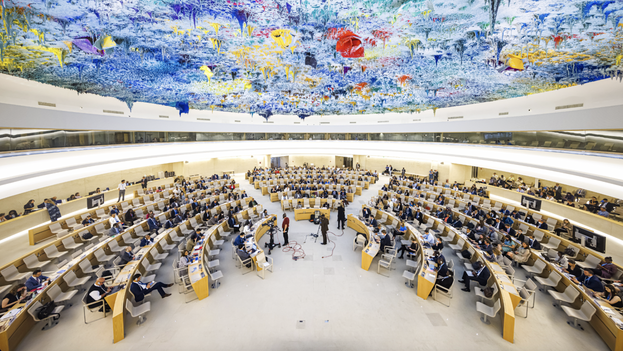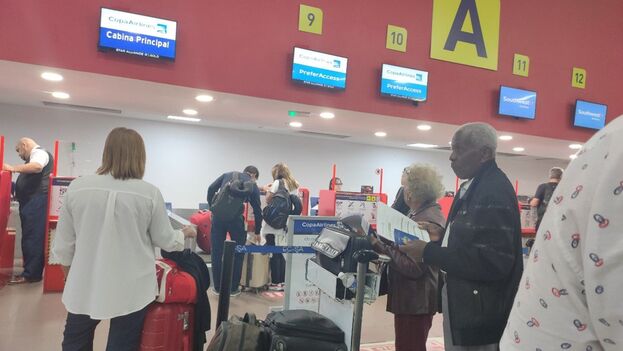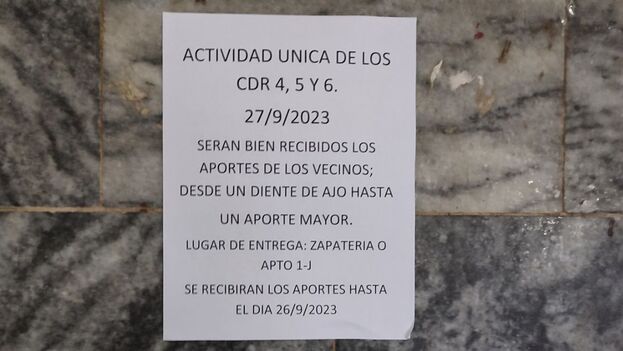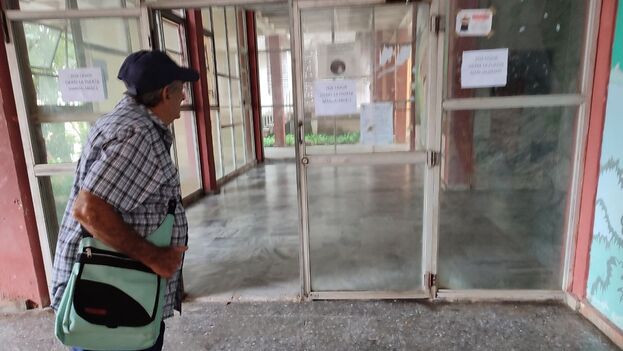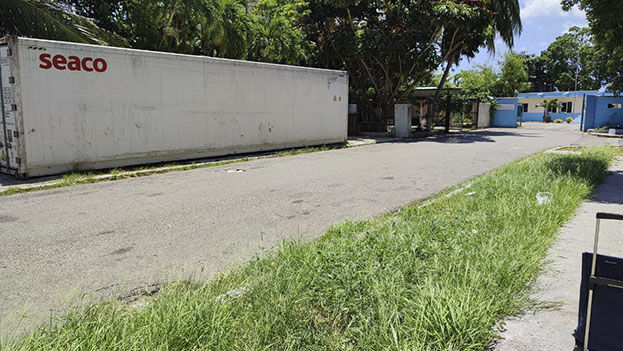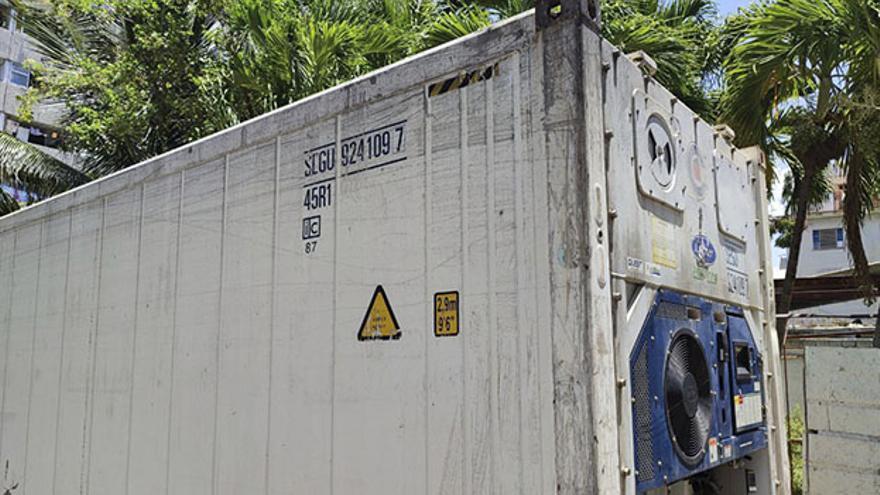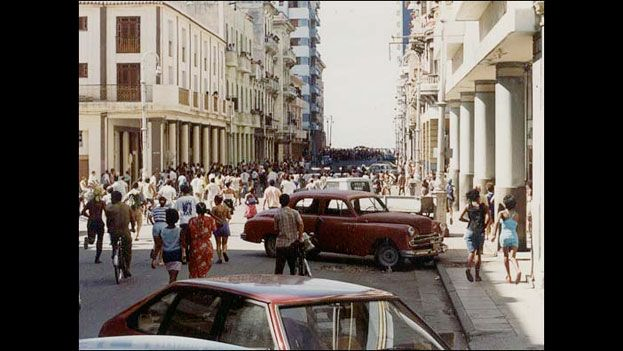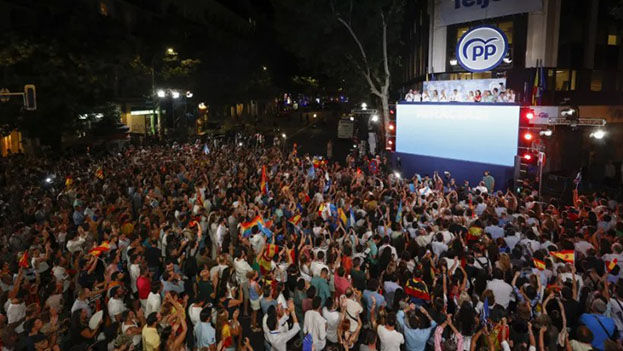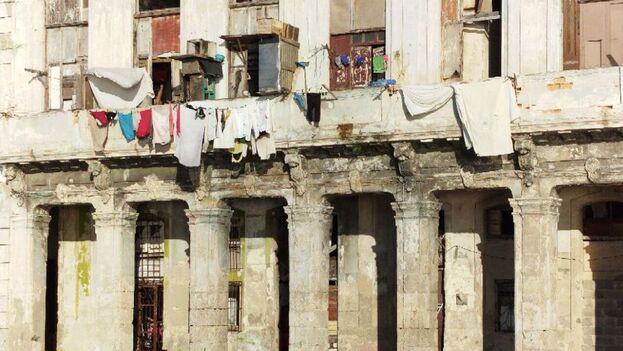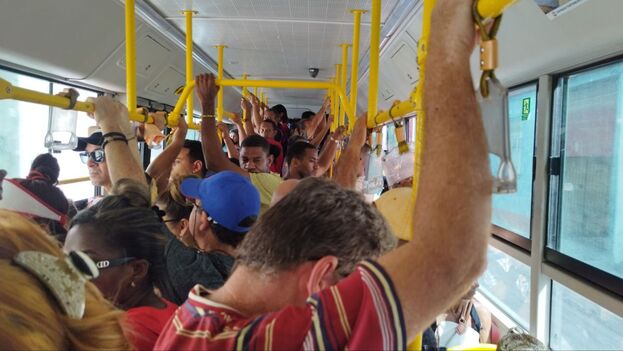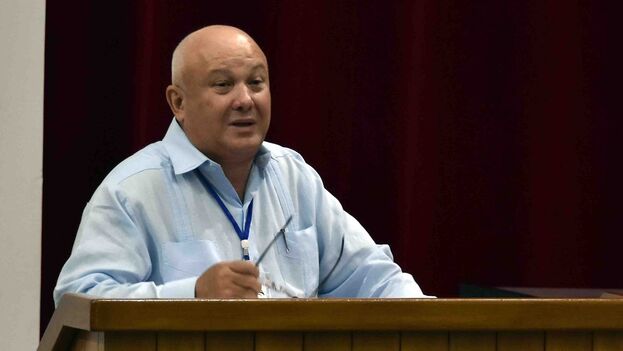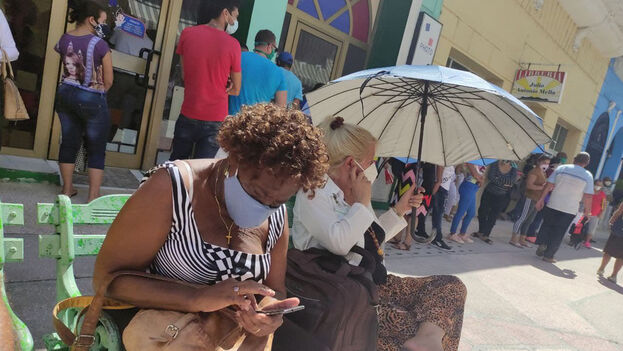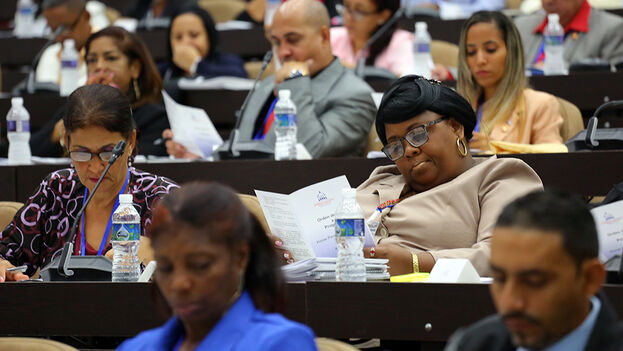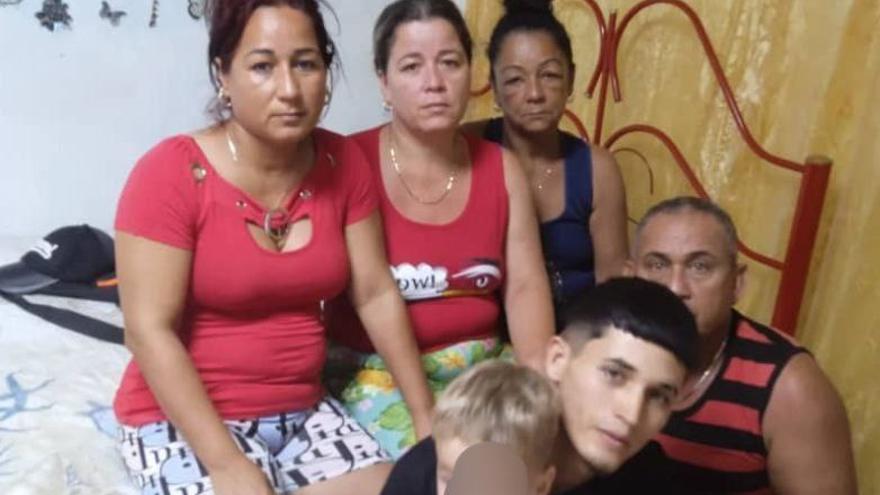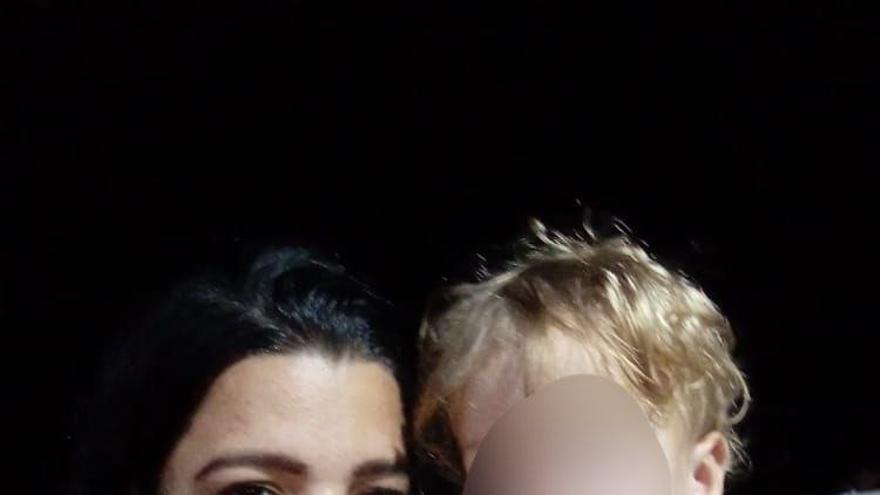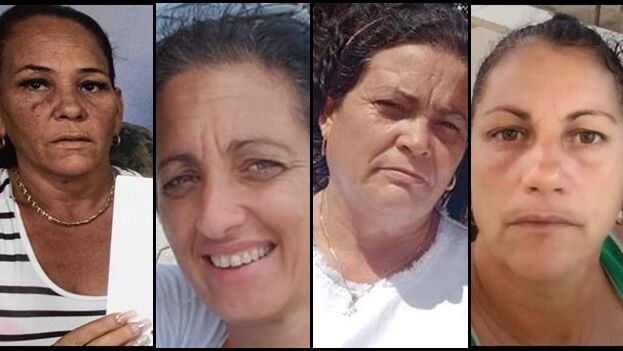
![]() 14ymedio, Yoani Sánchez, Generation Y, Havana, 30 October 2023 — I met her in Madrid almost ten years ago. Hyperactive and direct, María Corina Machado was at that time one of the many figures of the Venezuelan opposition who were trying to insert themselves into the political scene after the death of Hugo Chávez. From that time until today, her country fell into the abyss of chronic crises and my Island contributed to that fall by sucking thousands of barrels of crude oil from Petróleos de Venezuela SA (PDVSA), which propped up the Cuban regime.
14ymedio, Yoani Sánchez, Generation Y, Havana, 30 October 2023 — I met her in Madrid almost ten years ago. Hyperactive and direct, María Corina Machado was at that time one of the many figures of the Venezuelan opposition who were trying to insert themselves into the political scene after the death of Hugo Chávez. From that time until today, her country fell into the abyss of chronic crises and my Island contributed to that fall by sucking thousands of barrels of crude oil from Petróleos de Venezuela SA (PDVSA), which propped up the Cuban regime.
In that decade, Machado went through everything: the hard times and the bad times, never better said than when her main opponent, Nicolás Maduro, systematically cut off all avenues for an electoral and peaceful solution to his unpopular mandate. Surveillance, the assassination of her reputation, internal struggles between the opponents themselves, and much more, has been experienced by this woman who, last weekend, was chosen to face the heir of Chavismo at the polls. Her chances of being reinstated for the elections and competing for the presidency, with guarantees and security, are minimal, but hopeful.
All of us who were born under authoritarian political models know that no dictatorship is willing to risk its continuity at the polls
All of us who were born under authoritarian political models know that no dictatorship is willing to risk its continuity at the polls. If one thing is a part of the catechism that tyrants learn very early, it is that they should never allow dissidence or a ballot to distance them from the honey of power. History has excellent examples of resounding failures when a vain autocrat believed that he could subject his permanence in the presidential chair to elections, and ended up losing. continue reading
Maduro knows well what would happen if Machado wins. Not only will he have to leave the Miraflores Palace and hand over to public scrutiny the economic sectors that he has kept under lock and key, but he has a good chance of ending up on trial and behind bars for the atrocities committed during his administration. Like the rider on the tiger’s back, he is aware that if he gets off, the beast will devour him, but it is increasingly difficult for him to keep his legs clinging to the torso of the restless animal.
María Corina Machado has the most difficult months of her life ahead of her. Media attacks, legal accusations, hostility from competitors and physical dangers, all will intensify. Havana will also deploy its classic script that a CIA agent seeks to return Venezuela to the “neoliberal past” and, most likely, the political police of both countries will work together to try to destroy her image, prevent her name from appearing in the electoral process, and frighten her voters. Now, she is public enemy number one of both regimes.
What Castroism is risking with Maduro’s departure is no small matter. This year, oil shipments to Cuba average 57,000 barrels of oil per day from Venezuela
What Castroism is risking with Maduro’s departure is no small matter. This year, oil shipments to Cuba average 57,000 barrels a day from Venezuela. Despite the prominence gained by Mexican crude oil, led by Mexican President Andrés Manuel López Obrador, Caracas continues to be an essential support for the failed Castro model that fears that electrical blackouts, inflation and lack of freedoms will again light up the streets of the Island, as occurred on July 11, 2021.
María Corina Machado, the international community that calls for a democratic electoral process in Venezuela, and the voters who seek change in a country that has run out of illusions, are right now at the center of the concerns of the Cuban regime. The machinery of the political police greases its mechanisms to attack her with everything it has. It remains to be attentive and wish luck to the leader of Vente Venezuela. She’s going to need it, y mucho.
________________________
Editor’s Note: This article was originally published in Deutsche Welle in Spanish.
____________
COLLABORATE WITH OUR WORK: The 14ymedio team is committed to practicing serious journalism that reflects Cuba’s reality in all its depth. Thank you for joining us on this long journey. We invite you to continue supporting us by becoming a member of 14ymedio now. Together we can continue transforming journalism in Cuba.

